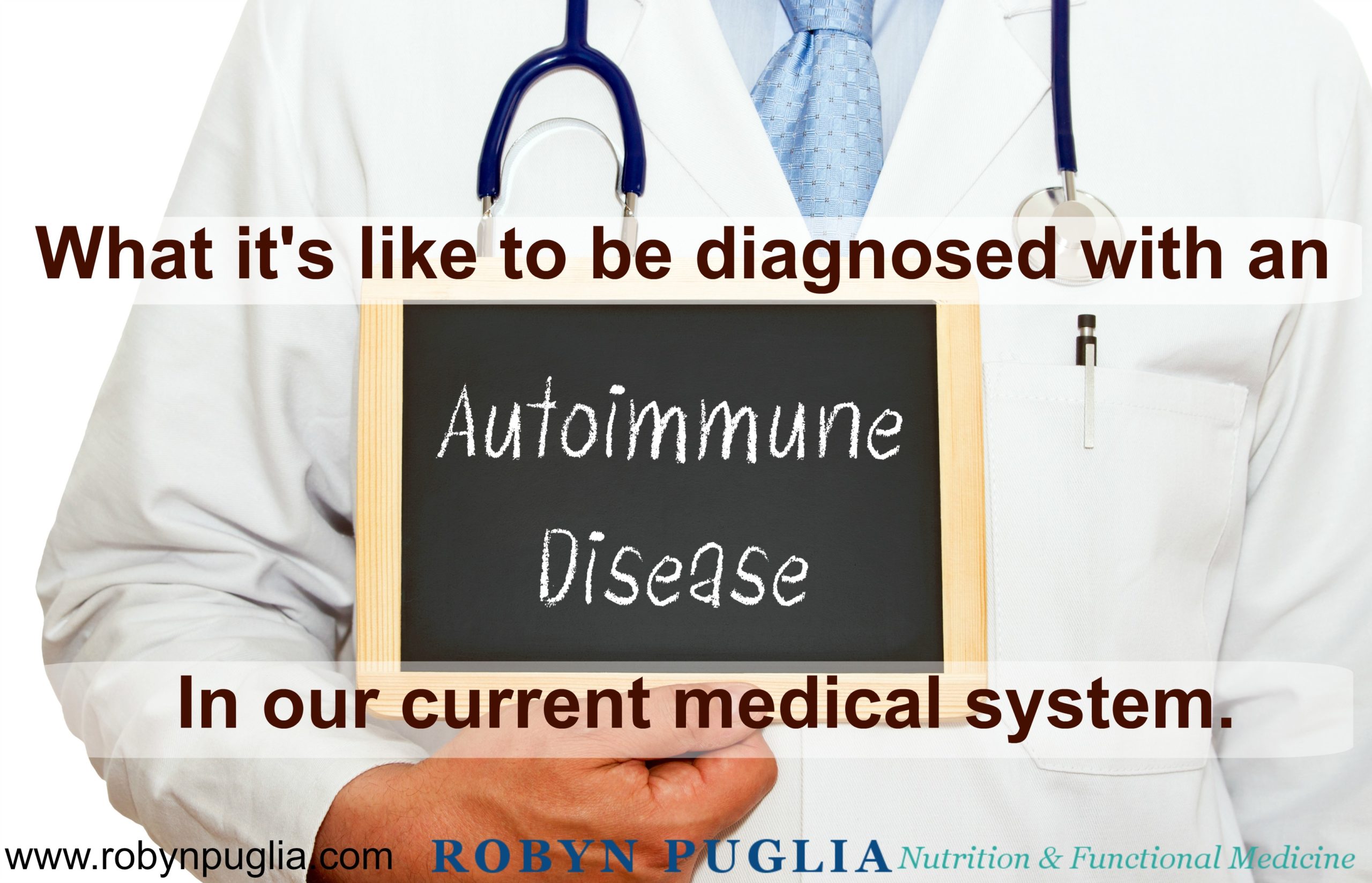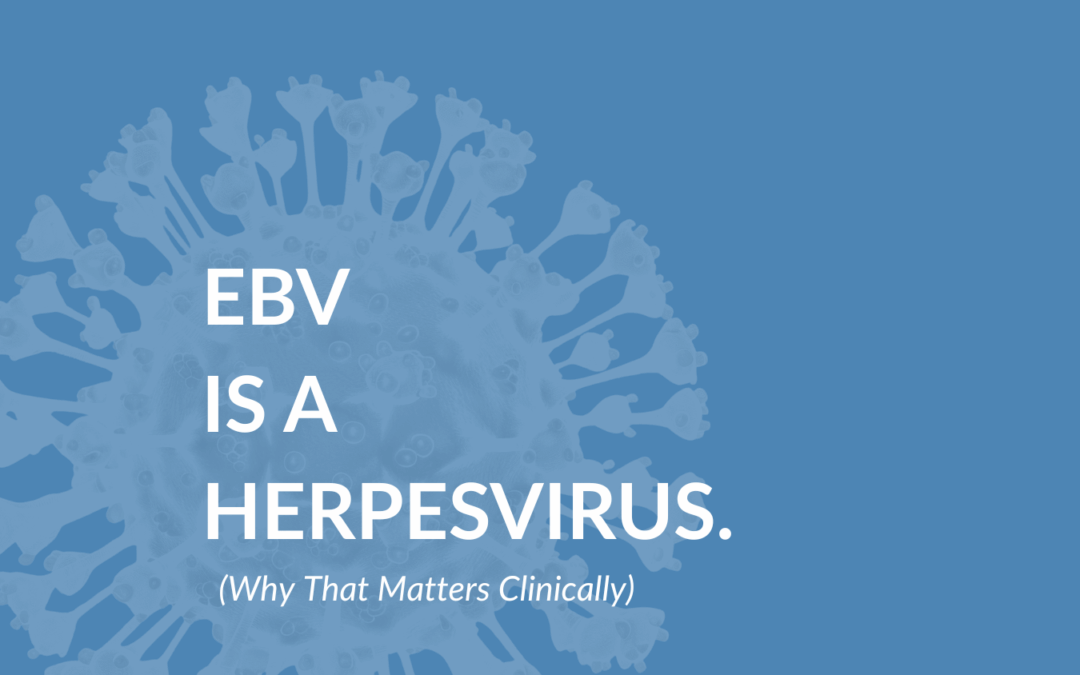Do you have an Autoimmune Disease?
Let me just start by saying that having an Autoimmune Disease just plain sucks. If you’re reading this you probably have one, or you love someone who has one. So you know what I am talking about. It makes you different than everyone else around you. It often means pain, fatigue and other symptoms that you have to deal with regularly. It can mean taking serious drugs with bad side effects. Or eating very different food and feeling ostracised by your friends and family at important events. It means you have to think about your health every single day in one way or another.
What is Autoimmune Disease?
Autoimmune disease is a chronic health problem, characterised by loss of immune tolerance to your own tissue. This means that your immune system makes a mistake and is now attacking part of your body as if it was something foreign that needs defending against.
Your immune system uses special inflammatory chemicals called cytokines as ‘bullets’ to attack your tissue, and it is this inflammation that the prescribed drugs are trying to suppress.
This is important to understand because it’s one of the big differences between the conventional treatment of autoimmune disease and a more comprehensive functional medicine approach.
Let’s talk about what it means to be diagnosed with an autoimmune disease in our current system.
First of all, getting diagnosed can be really hard.
Autoimmune disease can be in the developing stages for years, or even decades until there is enough damage for a diagnosis to be possible.
You might have symptoms for a long time before it’s bad enough to receive an official diagnosis. This is disheartening, as you may be repeatedly told that there is nothing wrong with you. Your tests are normal and it’s probably stress or depression.
On the other hand, you might have ‘silent’ autoimmunity, where you have no symptoms at all, or symptoms that you think are normal, like occasional headaches or only going to the toilet every couple of days, or heavy or painful periods.
Remember, just because symptoms are COMMON does not mean they are NORMAL. Your doctor may not make that distinction.
Does this sound like your story?
You don’t feel well. You are tired, or you have several symptoms like period pain, bloating, headaches, eczema or others. In the beginning you just take over the counter painkillers or remedies but after a while it’s either bad enough, or frequent enough that you discuss it with your doctor.
However because what you are describing is common or you don’t fit properly into the box of a specific disease, your doctor just tells you that there’s nothing to worry about, and to take more or different medication, ‘eat healthily’ and maybe to reduce stress.
Maybe they run some tests, which come back pretty normal as well, adding to the ‘there’s nothing wrong with you message’.
A period of time passes. You try the new drugs and to eat better, but nothing really helps and things either stay the same, or continue to get worse.
So you go back to the doctor. They do some more tests, that don’t show anything conclusive.
This cycle can repeat itself for many doctor’s appointments, many doctors and over many years.
Perhaps you get referred up to seeing specialists after a while. The drugs recommended may get a bit stronger.
In the meantime, you can start to doubt yourself.
You wonder:
Am I crazy? Is this all in my head?
Is this normal? Does everybody feel this way and I am just a hypochondriac?
Am I dying of some rare disease? Do I have cancer? Surely that would have shown up on the tests by now?
Why doesn’t anyone know what’s wrong? Why isn’t there an answer for me?
You turn to Google and the Internet. This is a mixed blessing. Without a name to search, you search symptoms and discover all sorts of horrifying things that you might have.
Next time you go to the doctor you mention some of the things you have Googled. The doctor seems a bit annoyed that you did that, but maybe runs a couple of the tests, if they don’t seem too farfetched.
And then comes the moment you have been waiting for!
Eventually, after a long time someone finally does a test that shows positive antibodies to a specific tissue and just like that, BINGO, you finally have a diagnosis. Autoimmune Disease!
The doctor is very pleased. Now there is a name for what you have it means there is also a drug or two or three that can be given to ‘manage your symptoms’.
Initially you may be very pleased also. You finally have an answer after all this time – hooray!
But then you are told that there is no cure for this. That the outcome is lifetime management using drugs, some of which may be very strong with strong side effects. That even with the drugs, you can expect progression of the disease and that the drugs will be adjusted accordingly.
You get back online and start Googling your disease. It’s disheartening. Scary pictures and forums filled with people who are supporting each other in a heartfelt way, but trading stories about depression, pain, side effects from medication and feeling hopeless.
This is a story that I hear again and again in my clinic.
Some version of this is the usual account of how an autoimmune disease is identified and treated in the current medical system. This was also my story. It took me 19 years, and too many doctors visits to count in that time, to get a diagnosis.
Our system is geared towards acute illness and acute care. If you break your leg, are hit by a car, have a heart attack or get a life-threatening infection from backpacking in Africa, our medical system is second to none. Lives are saved. Women no longer die in childbirth the way they used to. They can transplant a face if you should need a new one! I would like to go on record to say that I am very proud of and grateful for our medical system (current NHS crisis aside).
But, for all it’s good points, our system is poorly equipped to understand and handle the rapidly growing tide of chronic illness, including autoimmunity.
Getting a diagnosis in the first place can take years and be very difficult to achieve. Once diagnosed, management is limited and the outlook is pretty poor.
There is a better way!
A different way of thinking about disease is needed for Autoimmune Disease and chronic illness. Focusing on the root cause, digging deep to understand WHY this happened, instead of just suppressing inflammation and symptoms with increasing doses of drugs, helps to create a completely different experience and a much more hopeful outcome.
Read more about the Functional Medicine approach to Autoimmune Disease here.
Learn how to heal your Autoimmune Disease with my Foundations of Health Program.
After years of pain and without hope for the future, Fernando turned his health around and faces a completely different future. Read his story here.
If you’re looking for a more personal approach to getting your health on track, book a consult with me here.
Want to hear more? Sign up for my newsletter for monthly information including updates, new blogs, recipes, and recommendations for podcasts and books that I have enjoyed each month and more.






